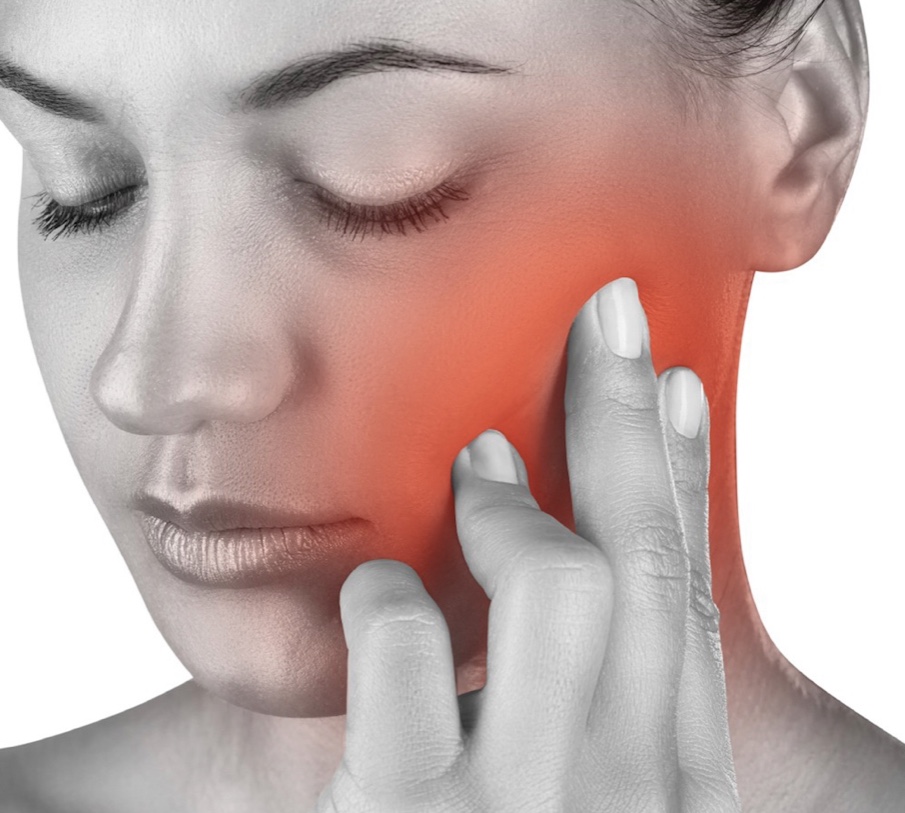
Most people with temporomandibular joint disorders have relatively mild or periodic symptoms which may improve on their own within weeks or months with simple home therapy. Self-care practices, such as eating soft foods, applying ice or moist heat and avoiding extreme jaw movements (such as wide yawning, loud singing, and gum-chewing) are useful in easing symptoms.
Scientists strongly recommend treating TMJ disorders with the most conservative approaches possible. These are treatments that do not cause permanent changes in, or change the structure or position of, the jaws or teeth. Even when these disorders have become persistent, most patients still do not need aggressive types of treatment.
If your problems get worse with time, you should seek professional advice.
The following are treatments often recommended to patients as well as helpful resources to provide guidance in making your healthcare decisions.


